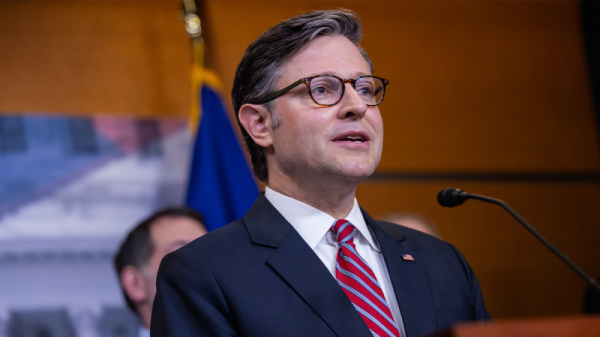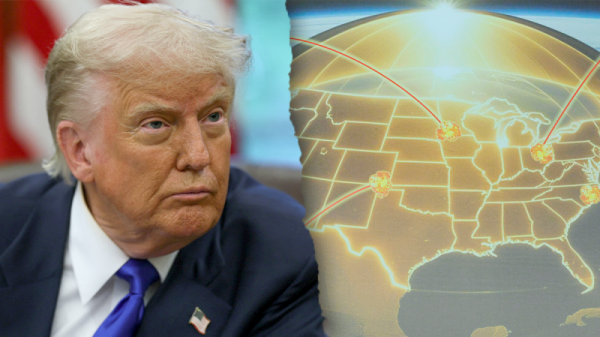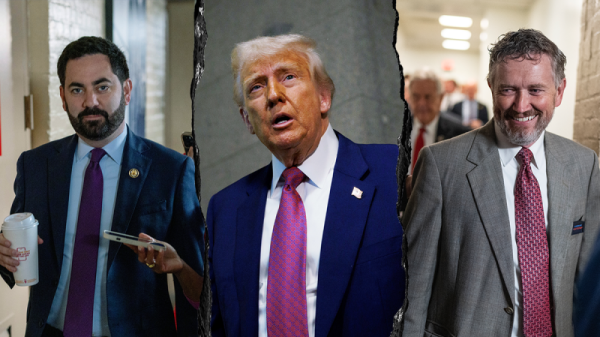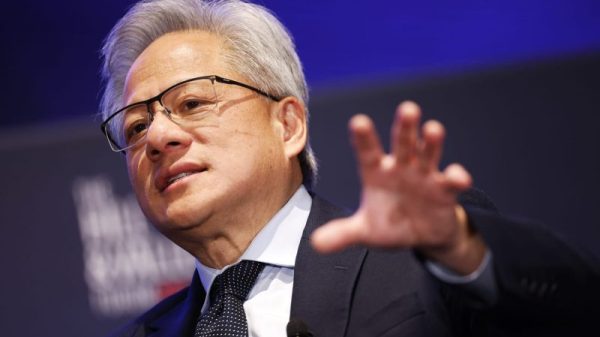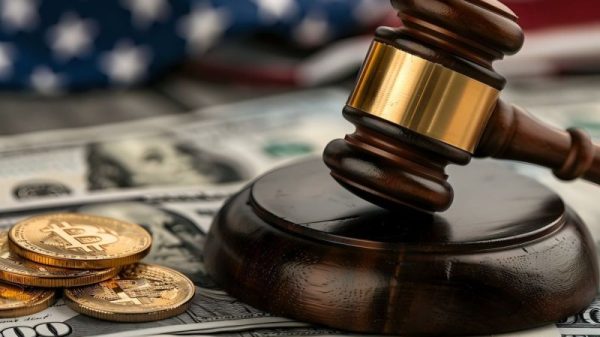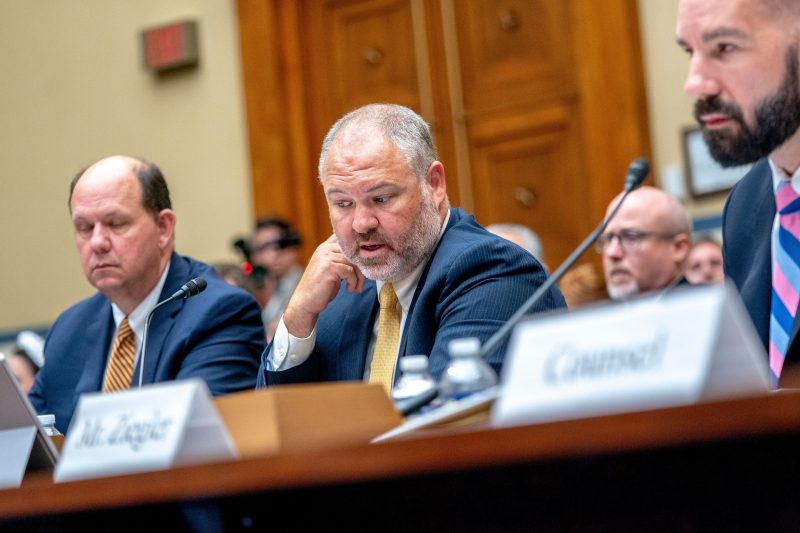Congress is exceedingly good at holding hours-long hearings that wind up spending little time actually delving into the key issues. Members speechify, whatabout, and sometimes even breach decorum — as Rep. Marjorie Taylor Greene (R-Ga.) did Wednesday when she showed sexually explicit images — while avoiding probing the central questions, for reasons that confound.
Such was surely the case at a House Oversight Committee hearing Wednesday. It featured IRS officials who claim whistleblower status and have objected to how the Justice Department’s Hunter Biden prosecution played out.
Republicans who called the hearing didn’t really move the ball forward. Democrats, meanwhile, surfaced a theory that this was effectively all one big misunderstanding — a theory the key witness flatly rejected.
At its core, the central issue deals with U.S. Attorney David Weiss and the decision not to charge Hunter Biden with more crimes. (Biden recently reached a deal pleading guilty to two misdemeanor tax charges and admitting to having illegally possessed a gun.)
The basics:
Attorney General Merrick Garland in March testified that Weiss had “full authority to … bring cases in other jurisdictions if he feels it’s necessary.” Garland added, “I will assure that if he does, then he will be able to do that.”But IRS supervisory agent Gary Shapley has stepped forward to say Weiss told him something different. He has alleged that Weiss said in an October 2022 meeting that he did not get to decide whether to file charges in jurisdictions other than his own, in Delaware. U.S. attorneys in California and Washington, D.C., opted not to bring charges in the case, and Weiss hasn’t brought charges in those jurisdictions either. Shapley has also said that Weiss said he had sought — but been denied — special counsel status in the investigation.Weiss and Garland have disputed all of this. “He was given complete authority to make all decisions on his own,” Garland said recently. Weiss has sent letters pushing back on Shapley’s allegations. Weiss, who was appointed to his post by Donald Trump, has asserted that he was indeed given “ultimate authority over this matter, including responsibility for deciding where, when and whether to file charges.” He also denied ever requesting to be a special counsel.
It’s basically one big he-said, they-said. And despite the hearing Wednesday, it remained in that realm.
Republicans sought to argue that it was something more. They noted that Shapley summarized the claims he’s making in an email sent the day of the meeting. Four days later, responding to the email without disputing any of its details, a person who had attended the meeting wrote, “You covered it all.”
Democrats countered by noting that, even in the weeks before the October meeting — and after the other U.S. attorneys opted not to charge — the whistleblowers described Weiss talking about the matter as if it were still his decision. They also described him expressing his own reservations about charges, including that charging crimes from a period when Hunter Biden was in the throes of his substance abuse problems could compromise other charges.
One of the more plausible theories has been the idea that this is some kind of misunderstanding, as former federal prosecutor Barbara McQuade has posited.
Her theory amounts to the idea that Weiss had said he wouldn’t be appointed special counsel because a special counsel’s decisions can be overruled by the attorney general. A special attorney status, meanwhile, can be granted when another U.S. attorney declines to partner on a case in their jurisdiction, if the requesting U.S. attorney wants to press forward.
Weiss seemed to point to this theory in a letter last week. Citing his desire to “clarify an apparent misperception,” he said he had never asked to be a special counsel and that he had been assured he would be given special attorney status if requested. He said no request for authority to bring charges had been denied — the implication being he had not asked to be a special attorney, either.
Rep. Jamie Raskin (D-Md.) endorsed this theory Wednesday, saying flatly, “A lot of the controversy here relates to the agent’s failure to distinguish between special counsels and special lawyers.”
Raskin expanded on this theory: “Mr. Weiss took a good hard look at those charges himself and ultimately decided not to charge them — and therefore not to seek this special attorney status. He may have been right about that. He may have been wrong, as you guys make your case for. But it was his decision.”
Shapley stuck to his guns.
“No, that’s not supported by the facts,” he said. When Raskin pressed him on which facts, Shapley cited Weiss’s “own admissions in the Oct. 7, 2022, meeting that I documented contemporaneously.”
Rep. Alexandria Ocasio-Cortez (D-N.Y.) later echoed Raskin, saying, “I believe what there might be a reference to here is the question of a special attorney, not a special counsel.”
Shapley wasn’t budging. He wouldn’t even allow that he might have misunderstood at the time.
“That’s why I documented on that day, so that, you know, nine months later, I’m not trying to recall a specific word,” Shapley said. “It says special counsel authority. That’s what he said that day.”
The next big question is what Weiss might say in his own testimony, which hasn’t been scheduled, and whether other participants in the October meeting might more explicitly address Shapley’s version of events.
(The other witness Wednesday, who was revealed at the hearing to be IRS special agent Joseph Ziegler, wasn’t part of the meeting. But he raised other concerns, saying it “appeared” to him that Weiss was “constantly hamstrung, limited and marginalized by DOJ officials.”)
For now, Congress’s first big leap into this issue left us largely where we were 24 hours prior.

